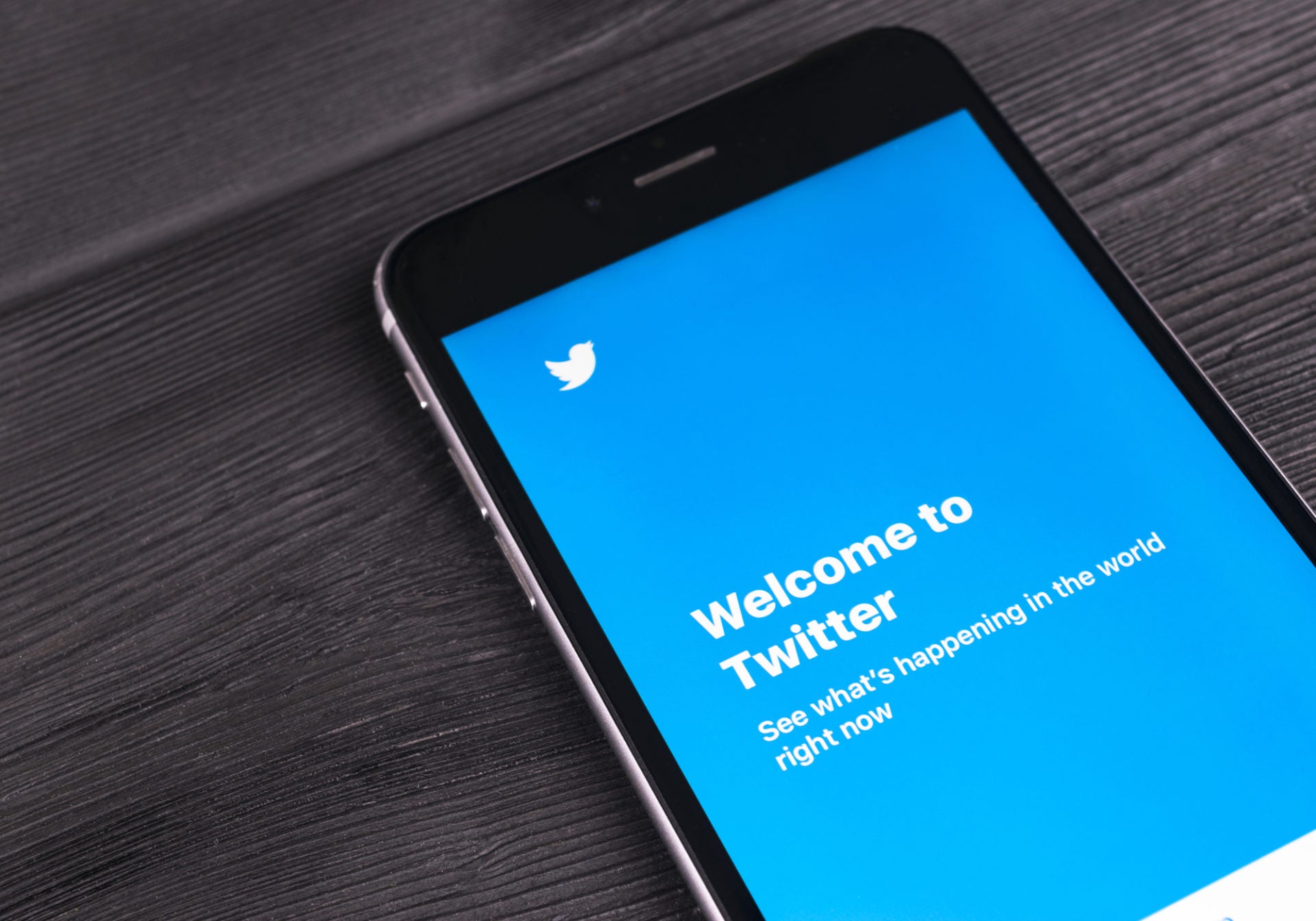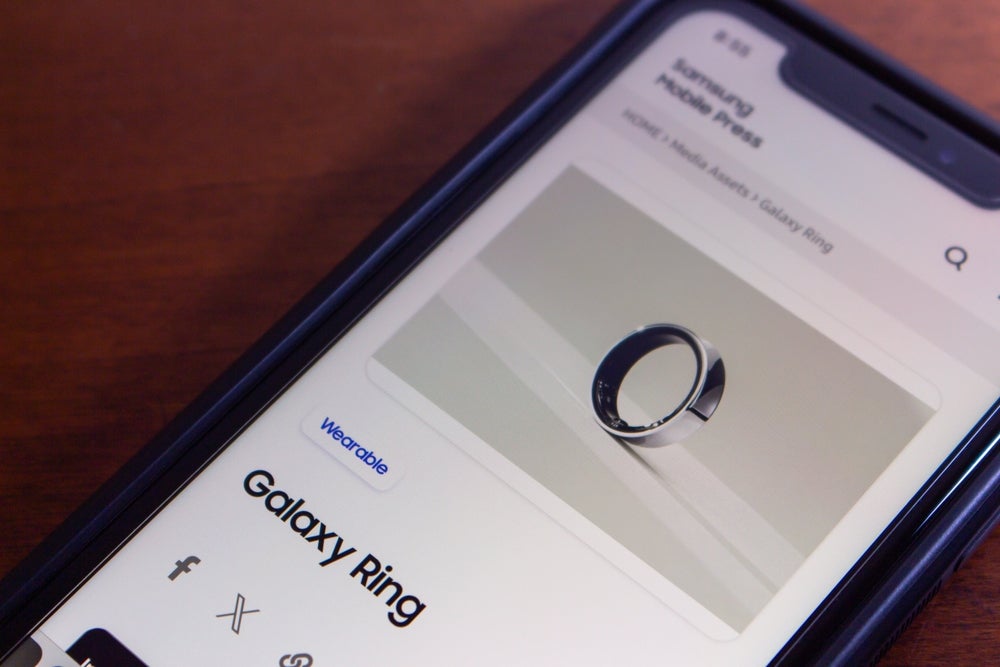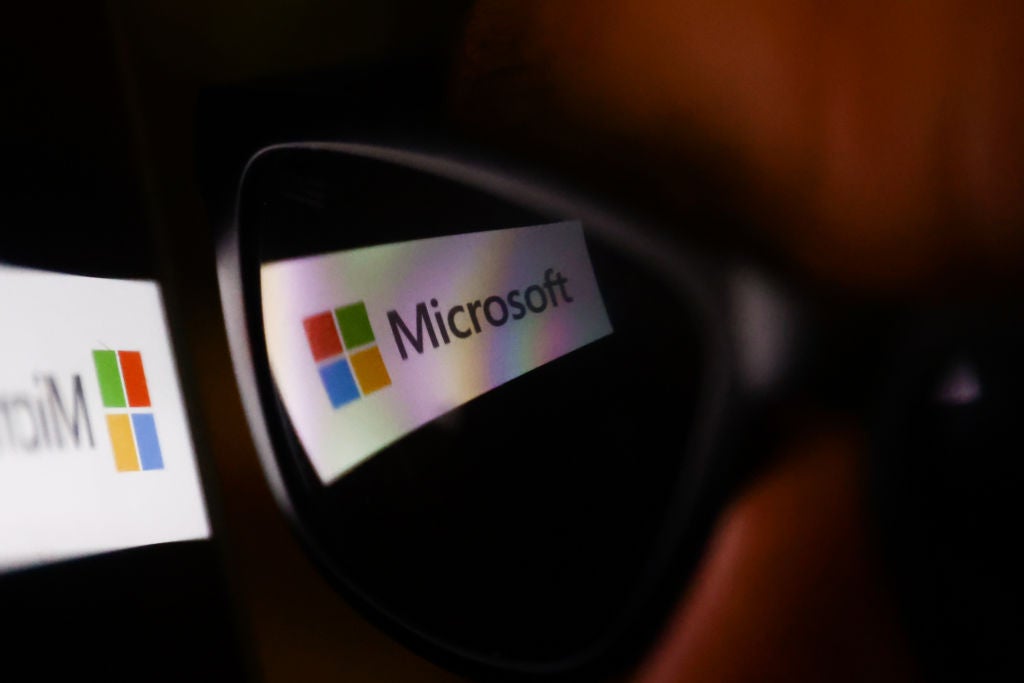A deal between Twitter CEO Jack Dorsey and rebel investment firms Silver Lake and Elliot Capital has saved Dorsey’s position at the company. But it won’t ease the scrutiny on Dorsey or Twitter’s poor investor returns and product development.
Twitter isn’t performing
Twitter encourages its users to ‘join the conversation.’ One of those conversations says Twitter should be performing far better than it has. Financially, Twitter has been stagnating for a long time. Since 2015 its share price has fallen 32% while Facebook has grown 16%.
Since Q1 of 2017, Facebook’s advertising revenue per daily active user has increased by 72%. This is three times as much as Twitter’s — while its net operating margin of 34% for 2019 eclipsed Twitter’s 11%. Compound these figures with Twitter’s product development failures of short form video platforms Vine and Periscope, (TikTok has now 500m users) we can see why.
Google, Facebook and Tencent, which have similar influence and reach as Twitter, have market caps 35, 20, and 19 times larger respectively. Twitter’s can draw on the followers of celebrities and sports stars to the world’s most high profile heads of state. However, the site’s valuation remains stuck at 140 characters.
Dorsey’s dropped the ball
Dorsey has been accused of taking his eye off the ball at Twitter. Scott Galloway, a professor at New York University’s Stern School of Business, wrote an open letter to Omid Kordestani, Twitter’s executive chairman. It complained of Dorsey’s “lack of self-awareness, indifference, and yogababble that have hamstrung stakeholder value”.
Elliot Capital appeared to agree. Following Dorsey’s announcement in November 2019 that he would be leaving for Africa to explore opportunities there, an Elliot coup in early March snapped up 4% of Twitter’s stock and nominated four directors to its eight-person board. In retaliation Dorsey doubled back on his planned trip, citing Corona-virus and “everything else going on” as reasons.
How well do you really know your competitors?
Access the most comprehensive Company Profiles on the market, powered by GlobalData. Save hours of research. Gain competitive edge.

Thank you!
Your download email will arrive shortly
Not ready to buy yet? Download a free sample
We are confident about the unique quality of our Company Profiles. However, we want you to make the most beneficial decision for your business, so we offer a free sample that you can download by submitting the below form
By GlobalDataWithin ten days of Elliot’s initial move a deal was brokered between Twitter, Silver Lake and Elliot Capital. Silver Lake injects $1bn and Twitter will appoint three new directors to its board. One will come from each investor with a third at a later date.
The deal commits Twitter to several growth and revenue targets. It has to grow its average number of daily users who can see ads by 20% in 2020 and “accelerate revenue growth on a year-over-year basis”. These will be tough to reach in a pandemic dominated world. Even tougher is a commitment to a $2bn share buyback program. This will not be easy for a company not awash with cash, despite Silver Lake’s investment.
Dorsey remains but for how long?
Dorsey is safe for now, but change might be inevitable. He has neither the effective control nor extra voting rights afforded to other tech leaders such as Mark Zuckerberg. Despite the backing of high profile figures in Elon Musk and like-minded friends on Twitter’s board, it might soon be time for Dorsey to step back in favour of new leadership to ensure that Twitter doesn’t get mired in shareholder battles.
A platform with Twitter’s influence demands a full-time CEO. Debates over the responsibilities of social media platforms and their possible regulation are intensifying. Therefore a part-time CEO won’t wash in Silicon Valley’s full-on, 24-hour world. Having proved to be an asset to Twitter, the time has come for Dorsey to hand over to someone more willing to reinvent the platform and stretch its performance to its 280 character limit.









Related Company Profiles
Meta Platforms Inc
Tencent Holdings Ltd
Google LLC